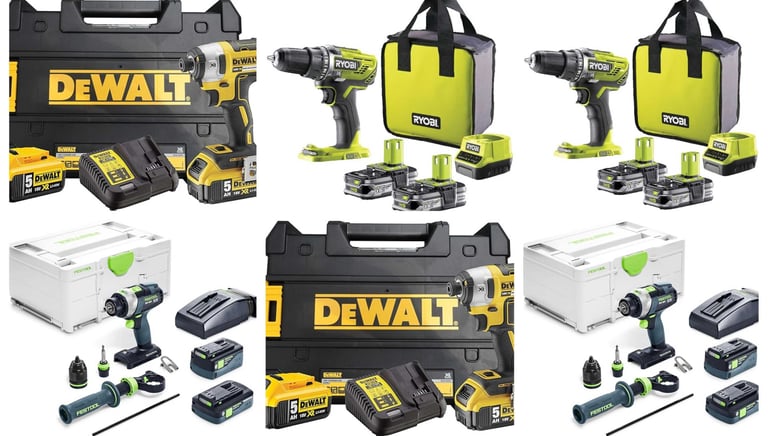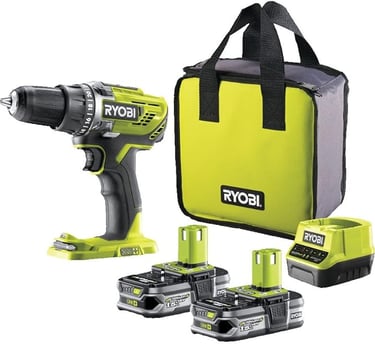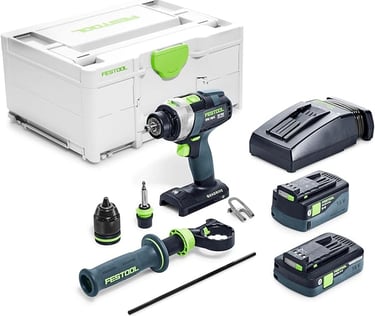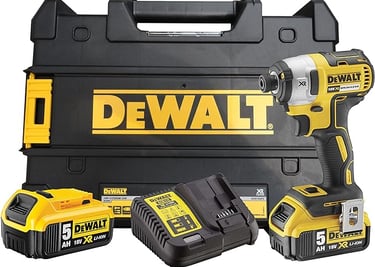Screwdrivers which ones to choose
Let's look at the differences between an entry level screwdriver and a professional screwdriver
EQUIPMENT
2/20/20242 min read


Introduction:
The screwdrivers are power tools that are now indispensable for any DIY, carpentry or maintenance job. Whether you are a DIY enthusiast or a professional, choosing the right screwdriver can make all the difference in efficiency, comfort and safety.
In this comprehensive guide, we will look in detail at two different types of screwdrivers available on the market, their features and benefits. We will also provide useful tips for choosing the right screwdriver for your needs and budget.
TYPES OF SCREWDRIVERS
Entry-level screwdrivers:
Cheap
Plastic shell
Economic material clamping chuck
Clamping capacity up to 10 mm
Plastic gears
Non-brushless motor
2-hour recharge time
Single battery with low amperage
Specific for:
Occasional use
Limited budget
Superior quality screwdrivers:
More expensiveSturdy plastic housing
High-quality steel spindle
Clamping capacity up to 13 mm
Metal alloy gears
Brushless motor
Fast charging (up to 30 minutes)
Dual battery with high amperage
Specific for:
Frequent use
Demanding work
Professionals
Impulse screwdrivers:
High power
Not suitable for precision work
6.35 mm (1/4") drill holder engagement
Quick-connect spindle
Does not include speed controller
Brushless motor
Specific for:
Screwing work requiring strength
Drilling with a drill (using a suitable chuck)
Choosing the right screwdriver:
In addition to the type of screwdriver, it is important to consider other factors such as:
Power:
measured in volts (V) and amperage (Ah). The higher the amperage, the greater the screwing force.
Pair:
indicates the rotational force of the spindle. A high value is useful for tightening large screws or drilling hard materials.
Speed:
Adjustable according to the type of work to be done.
Battery:
Lithium, with different capacities (Ah). The higher the capacity, the longer the range of the screwdriver.
Additional features:
percussion, LED light, charge indicator, carrying case.
Recommendations for use:
Read the instructions in the user's manual carefully.
Always wear safety glasses and safety gloves.
Use the right bit for the type of screw and material to be worked on.
Do not overload the screwdriver.
Keep the battery clean and charged.
Conclusions:
In this comprehensive guide we have reviewed the different types of screwdrivers available on the market, their features and benefits. We have also provided useful tips for choosing the right screwdriver for your needs and budget.
With a little care and attention, the screwdriver will become a valuable ally for all your DIY, carpentry and maintenance work.
Other insights:
Reviews of specific models of screwdrevers.
Comparisons of different makes and models.
Guides to the use of screwdriver accessories (bits, drills, etc.).
Tips for maintenance and repair of screwdrivers.






Contact
info@prisciccolo.com
